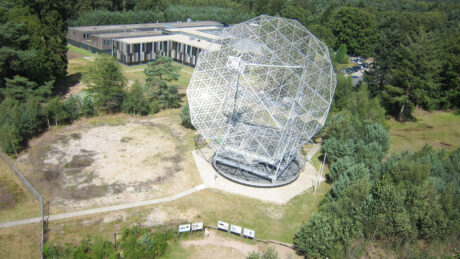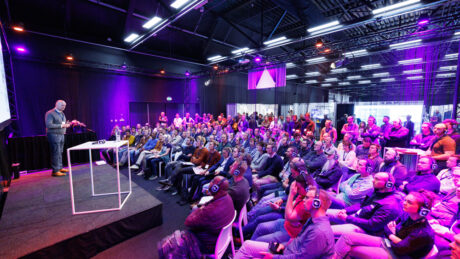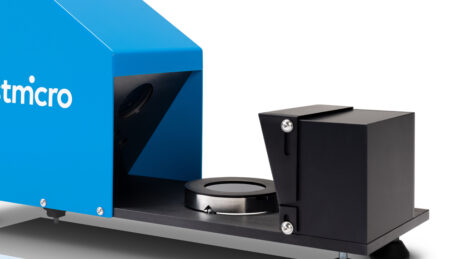DSPE Knowledge Day about ‘Engineering for Cryogenics
Cryogenic mechanisms for the Extremely Large Telescope.

About this event
Please be invited to the upcoming DSPE Knowledge Day: Engineering for Cryogenics, which will be held on the 2nd of November at ASTRON Dwingeloo, Netherlands Institute for Radio Astronomy. We are hosted by the NOVA Optical-Infrared group, who develop opto-mechanical cryogenic systems for astronomy.
This is an excellent opportunity for professionals in the cryogenics and engineering industry to come together and share their knowledge, experience, and research findings.
This DSPE Knowledge Day will feature keynote speakers and a tour around the ASTRON facilities in Dwingeloo. This is also a unique opportunity to visit this loaction. We are confident that this congress will offer a platform for attendees to learn from experts in the field and engage in discussions on the latest trends and developments in cryogenics.
ASTRON’s main mission is to make discoveries in radio astronomy happen, via the development of new and innovative technologies, the operation of world-class radio astronomy facilities, and the pursuit of fundamental astronomical research. Engineers and astronomers at ASTRON have an outstanding international reputation for novel technology development, and fundamental research in galactic and extra-galactic astronomy.
ASTRON’s programme has three principal elements:
- The operation of front line observing facilities, including especially the Westerbork Synthesis Radio Telescope and LOFAR,
- The pursuit of fundamental astronomical research using ASTRON facilities, together with a broad range of other telescopes around the world and space-borne instruments (e.g. Spitzer, HST etc.)
- A strong technology development programme, encompassing both innovative instrumentation for existing telescopes and the new technologies needed for future facilities.
In addition, ASTRON is active in the international science policy arena and is one of the leaders in the international SKA project. The Square Kilometre Array will be the world’s largest and most sensitive radio telescope with a total collecting area of approximately one square kilometre. The SKA will be built in Southern Africa and in Australia. It is a global enterprise bringing together 11 countries from the 5 continents.
Program
| 13:00h | Guided Tour max 25 persons | |
| 13:30h | Welcome with coffee and tea | |
| 14:00h | Opening | DSPE, Wouter Jonker |
| 14:05h | Introduction | Nevac, Sense Jan van der Molen |
| 14:15h | Presentation 1 | JPE, Maurice Teuwen: Cool Engineering for Hot Discoveries |
| 14:45h | Presentation 2 | Sron, Gabby Kroes: The challenges of engineering for cryogenics: Never a dull moment |
| 15:15h | Break | |
| 15:30h | Presentation 3 | Demcon, Pieter Lerou: Demcon kryoz – Low Temperature Systems |
| 16:00h | Presentation 4 | Nova, Ramon Navarro: Cryogenic mechanisms in optical-infrared astronomy |
| 16:30h | Drinks |
Location:
Astron HQ, Oude Hoogeveensedijk 4, 7991 PD Dwingeloo, The Netherlands
We encourage you to join us and participate in this exciting event. We look forward to meeting you and exchanging ideas that will advance the field of engineering for cryogenics.
Please register your attendance by sending an email to info@dspe.nl. We look forward to seeing you there.”
Organisation committee: Kasper van den Broek (VDL ETG), Wouter Jonker (TNO) and Julie van Stiphout (DSPE)
The Netherlands
Astron DwingelooReferences

For lumped systems consisting of different frictions and stiffnesses, there has been confusion in literature about hysteresis curves and virtual play for many decades.
Read more
In mid-April, the second edition of the Manufacturing Technology Conference and the fifth edition of the Clean Event were held together, for the first time, at the Koningshof in Veldhoven (NL).
Read more
Particle contamination monitoring and cleanliness control are fundamental to micromanufacturing processes across diverse industries to achieve cost-effective production of high-quality and reliable microscale devices and components.
Read more